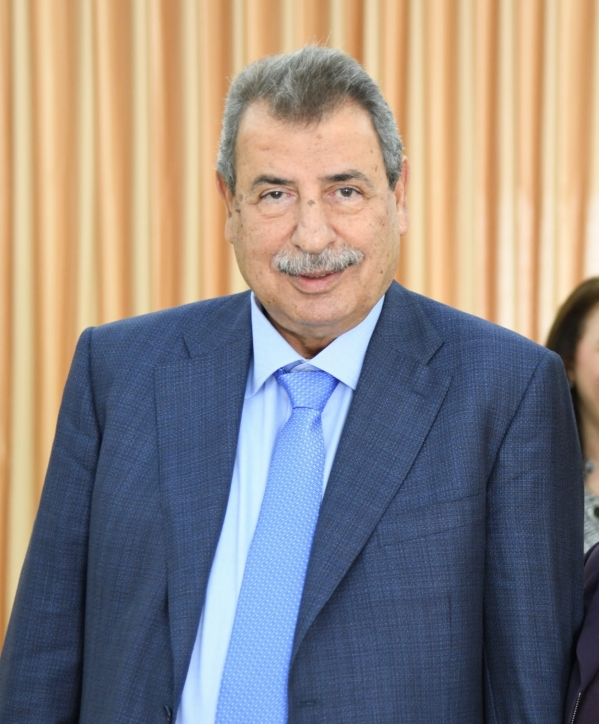Originally established as the tripartite committee for the millennium celebrations in Bethlehem in 1996, after the convening of the Palestinian National Council, under the directive of the late President Yasser Arafat, it transformed into the Higher Presidential Committee for Churches Affairs in May 24th, 2012, following a decree issued by President Mahmoud Abbas. This transformation reflects the Palestinian leadership’s commitment to construct an inclusive society. Notably, the Committee stands as a unique body in Palestine, and the first in the region dedicated to fostering official and legal relationships between Palestine and local and international Church institutions. The committee functions under the guidance of the Palestinian presidency and collaborates with all state institutions. Its contributions area an integral part of the Palestinian national fabric.
we are committed to upholding the national principle, promoting equality, tolerance and diversity as articulated in PLO National Charter, Basic Law and the Declaration of Independence. Our mission is to strengthen the resilience of the Palestinian people. Through highlighting the shared Muslim and Christian national role, we contribute to the vibrant fabric of Palestinian society through responsible and national dialogue, all the while ensuring the safeguarding churches and their affiliated institutions.
In line with its objectives, the Committee follows up, coordinates and collaborates with local and international Churches. It brings attention =to Israeli atrocities and violations against the Palestinian people, while countering misinformation and propaganda campaigns directed at Muslim and Christian institutions, particularly in Jerusalem. The Committee is also dedicated to fostering a robust national education system built on principles of freedom, justice, tolerance, and equal citizenship. Furthermore, the Committee oversees the affairs of Churches and Christian institutions, offering necessary support for restoration and any other types of needed assistance.
Moreover, the Committee places significant emphasis on identifying effective solutions to respond to the phenomenon of Christians emigration. Its efforts are dedicated to reducing and ultimately end this trend.
The Committee also aims at confronting the Israeli occupation’s policies to displace Christians from Jerusalem, and Judaizing the city for the purpose of erasing the Christian and Muslim presence in Jerusalem. The continued and systematic Israeli assaults on Palestinian Christians, Christian Holy Sites and institutions is on the rise. These violations directly and specifically target Palestinian Christians, particularly in Jerusalem and Bethlehem. The overarching objective is consistently aimed at making the lives of Palestinians unbearable, compelling them to abandon their homes and migrate.
The Committee rejects the Israeli narrative, which seek to transform the Palestinian-Israeli conflict into a religious one. Collaborating with the Council of Churches in the Holy Land and all partners, it works counter this extremist ideology. The manifestations of Israeli violations and harassments have taken diverse forms, including the displacement of Palestinians from their land, and then stealing the land. Properties of Palestinian Christians and monasteries as well have been affected by Israel’s illegal annexation of Palestinian land.
Hence, the Committee consistently works to shed light on Israeli violations assaults and attacks on religious institutions, and the threats posed to Christian existence, particularly in Jerusalem. This involves monitoring Israeli official positions and statements on Churches, as well as tracking church and international reactions to Israeli actions, and updating the official Palestinian authorities on the developments related to these practices for assessment and adopting essential positions and measures as needed.
In conclusion, the Higher Presidential Committee for Church Affairs in Palestine, and in accordance with the directives and instructions of President Mahmoud Abbas, we will continue to fulfill its mission and strategic objectives. The Committee will strive to activate its important role in exposing Israeli crimes against the Palestinian people in general and Palestinian Churches in particular. This commitment involves consolidating efforts, amplifying support for Church initiatives and advancing projects and services for their congregations. The overarching aim is to strengthen the Palestinian narrative, contribute to the protection of Christians in the Holy Land, and fortify their resilience in churches and lands, thereby mitigating the pressures leading to migration. Indeed, they are the salt of this land.

